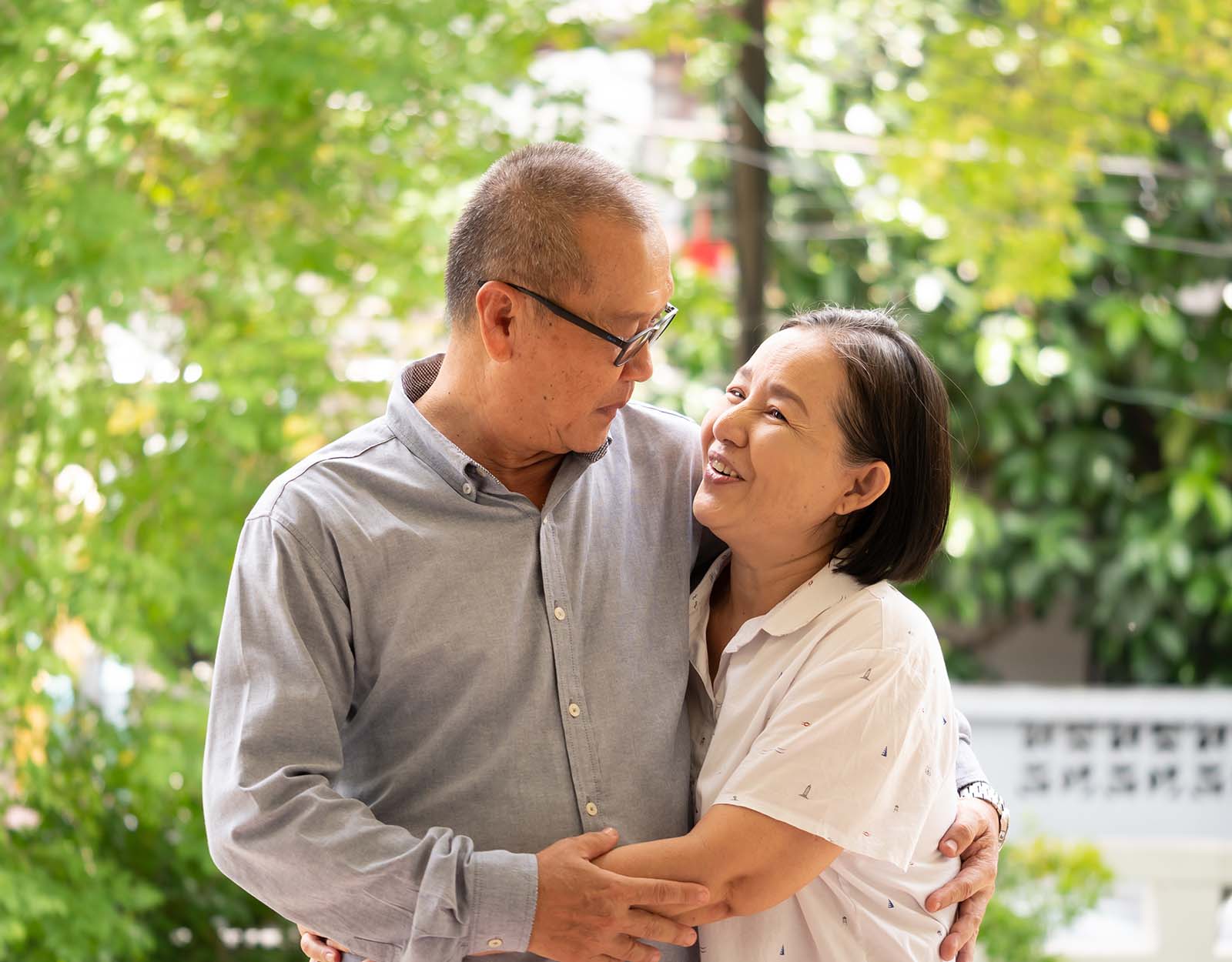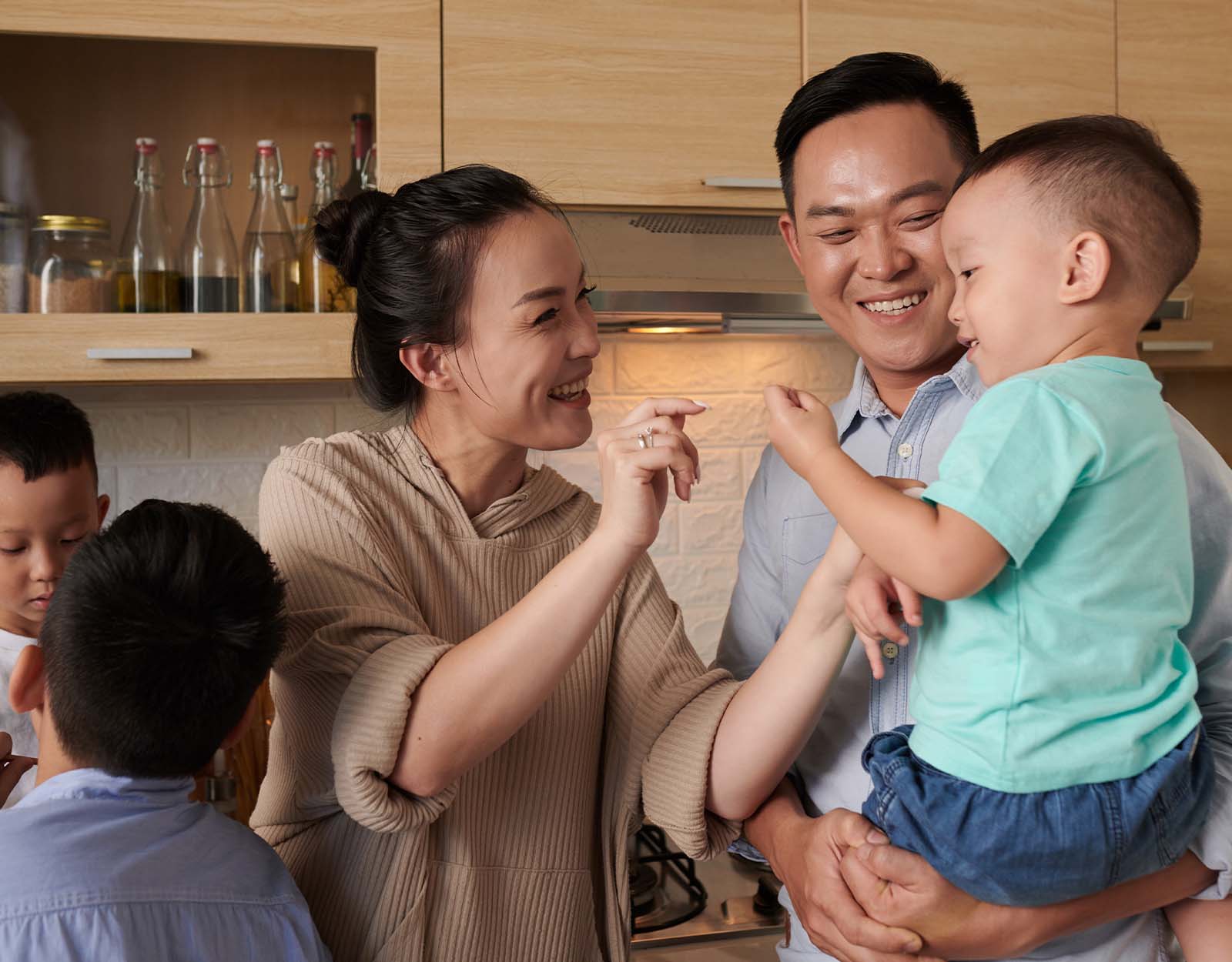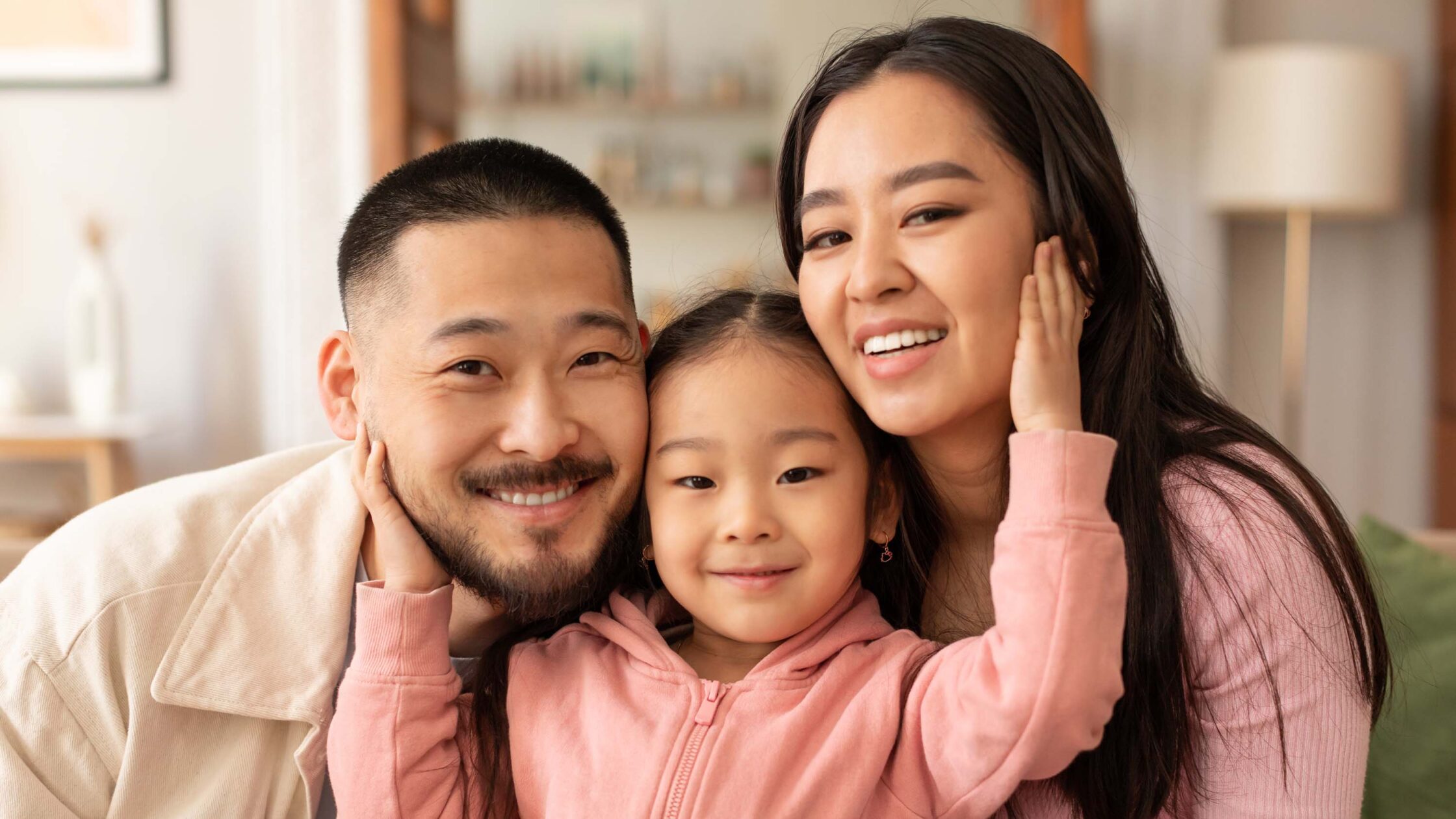Can Parents Learn to Love When They Didn’t Grow Up With It?
Not every parent grows up with a happy and stable childhood. From there, it takes a conscious choice to try and accept that they are still learning how to love.
Stability and consistency in love — studies have preached over and over that’s what it takes for parents to raise a successful child. But the truth is, not every parent grew up in a stable and consistent household. Some grew up with an emotionally volatile one wherein fighting in all shapes and forms was the norm. Others grew up with absentee parents — whether by choice or none. But all contexts beg the question:
Can a parent, especially one who grew up without it, learn how to love?

Love is a multi-faceted and complex affair.
It’s easy to answer “yes” because all our lives, we’ve learned, memorized, and know by heart that a parent’s love is unconditional. But that’s because we’re sometimes blind and deaf to the reality that not everyone’s interpretation of love is the same. “Love” has various definitions, depending on who we’re asking. A religious leader would say whoever their higher being is love. Others will say “Love is food.”
But there are parents who grew up with parents who rationalize that their need to beat, hit, degrade, manipulate, and abuse their partner or their children to the point of hospitalization is a result of their “love.”
Especially when the pattern of “love” remains consistent, it then becomes Truth. Both children and parents are capable of creating their definitions based on what they experience. And if being starved, beaten, gaslit, screamed at, and weaponized to hurt a person’s partner was usual at home with the moment always ending with “You know I love you, right?”, then, it can become their “love.”
The same applies when there are no words of affirmation yet good food always decorates the table and fills bellies. Then, “good food is love.” Definitions of love can change as quickly as the mind develops, relying on what behavior is most consistently associated with the enjoyable aspect of love.
We learn Love’s expression, not its definition.
Because we often associate love with a certain behavior (e.g. cooking good food, buying new things, or just spending time together) then, what we learn is its expression, not the definition. It sounds like we’re splitting hairs but the truth in the difference is that definitions don’t change as fast as expressions. Expression is based on how we understand something and that, unfortunately, constantly changes.
Especially in parenting, we all know that our love should not come with conditions. But the million peso (or whatever currency you want) question is how? How is a parent’s love unconditional?
For those who grew up in a dysfunctional home, everything is conditional. One moment, we’re praised for speaking up. The next moment, our parents are screaming at us for it. The worst part of it all is that most of us parents — if not all — tend to miss out on that critical moment: finding the patience to sit down, listen, explain, and process everything that happened.
That often leaves us — kids and parents alike — with the next question: “why are they hurting me when they say they love me?”

When we love, we learn how to deal with conflicting feelings and choices.
But what social media and love stories don’t usually show is the internal monologues we have when dealing with these conflicting feelings and choices. Because everyone’s constantly preaching “Love’s a choice!“, we sometimes forget that not everyone has a safety net that allows them to choose the world’s idea of “Love” and to validate their feelings. Sometimes, survival is of utmost priority.
It’s why we sometimes self-sabotage — a subconscious act of creating problems for ourselves when we feel that things are “too good to be true.” When it doesn’t match the definition of “love” that we grew up with, we attempt to correct it by making a problem. We’ve grown so accustomed to the chaos that peace and order scares us.
Those who grew up in dysfunctional families know that they have to constantly, consciously, and clearly decide everyday in front of a mirror that what they learned about Love is wrong. All the more when they become parents — their starting line obviously looks farther to them than those who grew up in a stable environment.
Not only do they have to wrestle with their feelings but to also stick to the choice that directly conflicts with it, triggering fear of the unknown.
Offer recognition and support to parents who are learning to love again.
While the notion of a parent being uncapable of love sounds silly, it’s a reality albeit not an obvious one. Because those who survived those situations learned how to mimic, they copy behaviors without truly feeling it. All that runs through their mind is self-preservation because that’s what their whole childhood and perhaps “love life” was about.
So for parents who are struggling to consciously choose an empowering and healing kind of Love after dealing with its twisted form, we see you. You’re doing whatever you can and we believe in you.
More about love?
How Parenting and Love Makes Us Learn, Unlearn, and Relearn
How Parents’ Relationship With One Another Affects Their Child’s View On Love
Why You Should Never Fight In Front Of Your Kids









